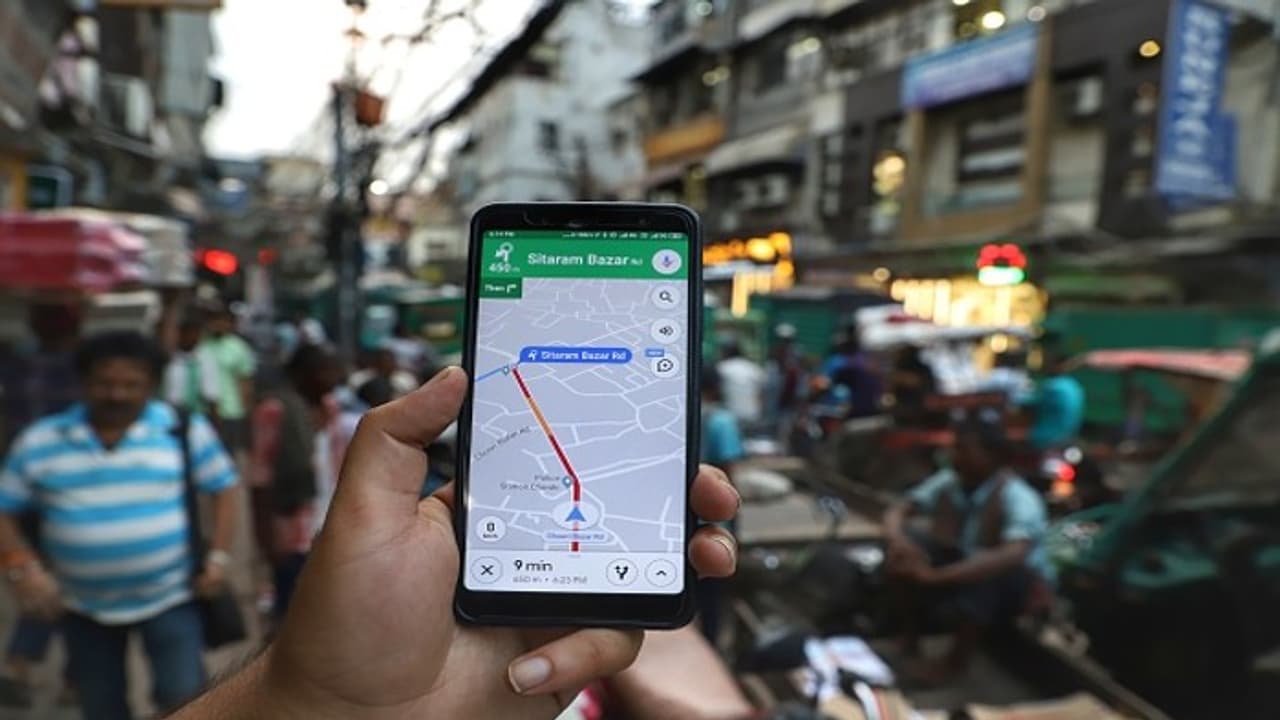The Delhi High Court has struck down a controversial bail condition that compelled an accused to share his live location round-the-clock with investigating officers through Google.
The Delhi High Court has struck down a controversial bail condition that compelled an accused to share his live location round-the-clock with investigating officers through Google. Justice Vikas Mahajan, while ruling on the plea seeking modification of what was termed an excessive and intrusive requirement, said, “The condition to the effect that the petitioner ‘should also share his location 24 x 7 with the IO (investigating officer) through Google’ is not sustainable and the same is accordingly deleted.”
The court anchored its decision on the Supreme Court’s landmark 2024 judgment in Frank Vitus vs. NCB, where the apex bench held that technology-driven tracking of an accused amounts to surveillance, violating the sanctity of Article 21 and its guarantee of personal privacy.
Reiterating the Supreme Court’s stance, the bench noted that, “The court cannot impose a condition on the accused to keep the police constantly informed about his movement from one place to another. The object of the bail condition cannot be to keep a constant vigil on the movements of the accused on bail.”
The apex court had earlier made its disapproval clear, emphasising that investigative agencies cannot be allowed to “continuously peep into the private life of the accused,” stressing that such monitoring effectively places the individual under a form of confinement despite being granted bail.
